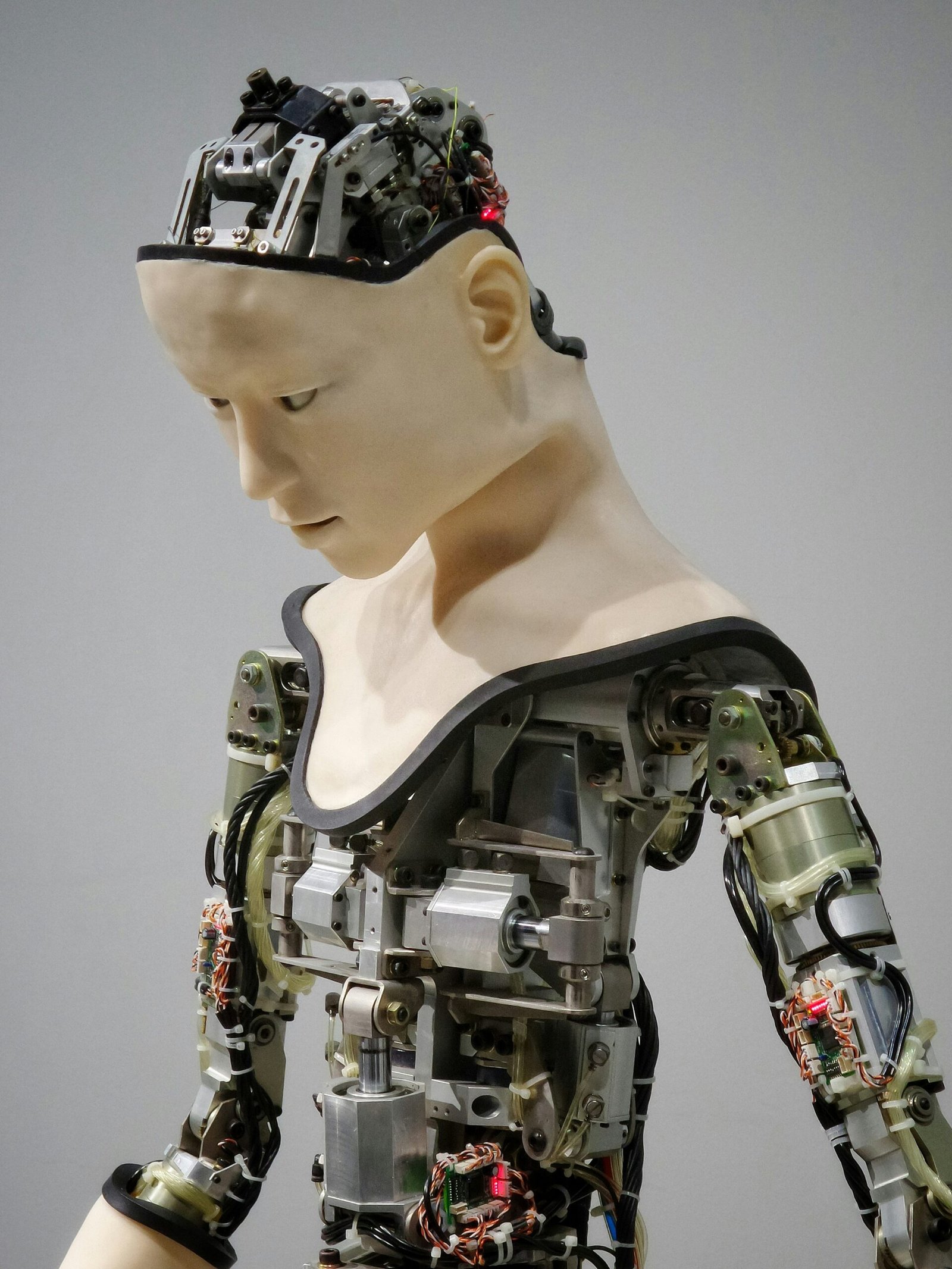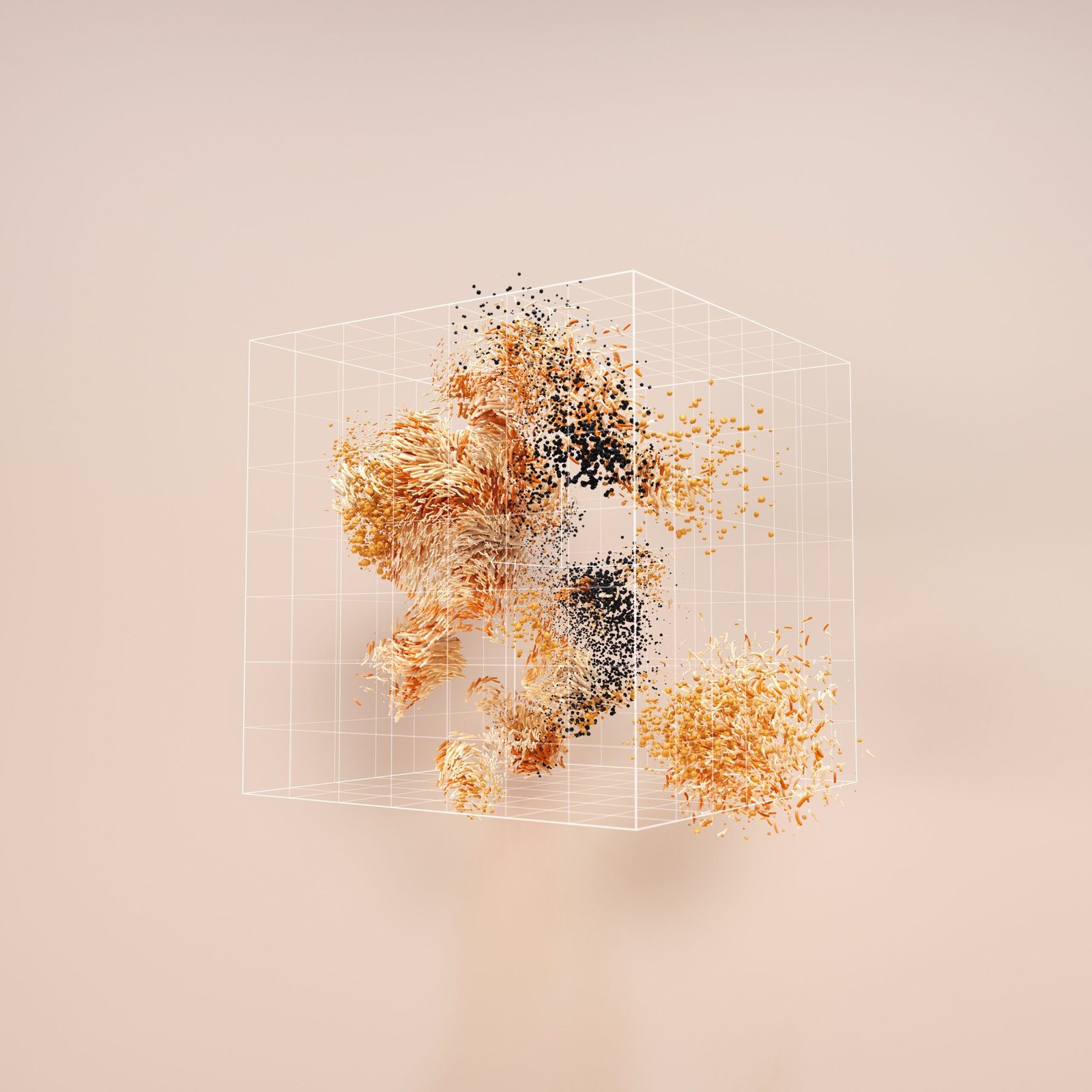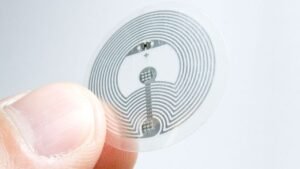Quantum Computing Advances


A Brief History
Quantum computing has a rich history, marked by significant milestones. Let’s delve into each of these moments:
- 1968: Stephen Wiesner introduces conjugate coding, a precursor to quantum communication. This concept involves encoding information in quantum states, allowing secure communication channels that cannot be easily intercepted.
- 1980: Paul Benioff describes the first quantum mechanical model of a computer. His work laid the foundation for further research in quantum computing, emphasizing the unique properties of quantum bits (qubits) and their potential computational power.
- 1985: David Deutsch constructs quantum logic gates for a universal quantum computer. These gates manipulate qubits, enabling complex computations that classical computers struggle with.
- 1994: Peter Shor devises an algorithm for factoring large numbers using a quantum computer. This breakthrough demonstrates the potential impact of quantum computing on cryptography and security.
- 2020: The Jiuzhang quantum computer achieves quantum advantage with 76 photons. This milestone showcases practical applications, such as simulating quantum systems and solving optimization problems.
- 2023: Researchers create the first programmable, logical quantum processor with up to 48 logical qubits. This development paves the way for scalable quantum computers capable of tackling real-world problems.
Quantum Supremacy
In 2019, Google’s Sycamore quantum processor achieved “quantum supremacy.” By solving a specific problem faster than the most powerful classical supercomputer, Sycamore demonstrated the potential of quantum computing for complex tasks.
Challenges and Future Prospects
Despite progress, challenges remain:
- Qubit Stability: Quantum bits (qubits) are notoriously fragile. Maintaining their coherence is essential for reliable computation.
- Error Correction: Quantum error correction is crucial for scaling up quantum computers while minimizing errors.
- Applications: Researchers are exploring practical applications beyond cryptography and optimization, including drug discovery, materials science, and machine learning.
Modular Quantum Computers
IBM’s Heron processor, expected to debut in 2023, marks a shift. Instead of chasing ever more qubits, Heron focuses on quality. With just 133 qubits, each of the highest quality, Heron enables direct connections between processors. This heralds a move toward modular quantum computers, where multiple processors work together, significantly enhancing scalability.







